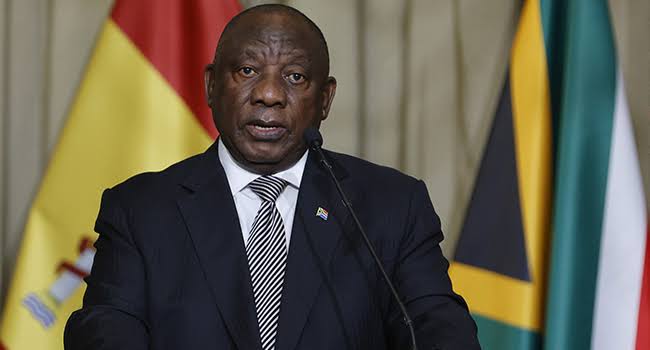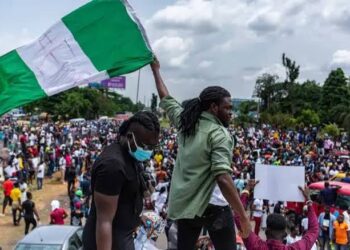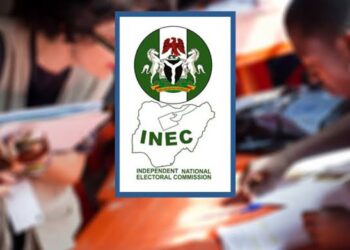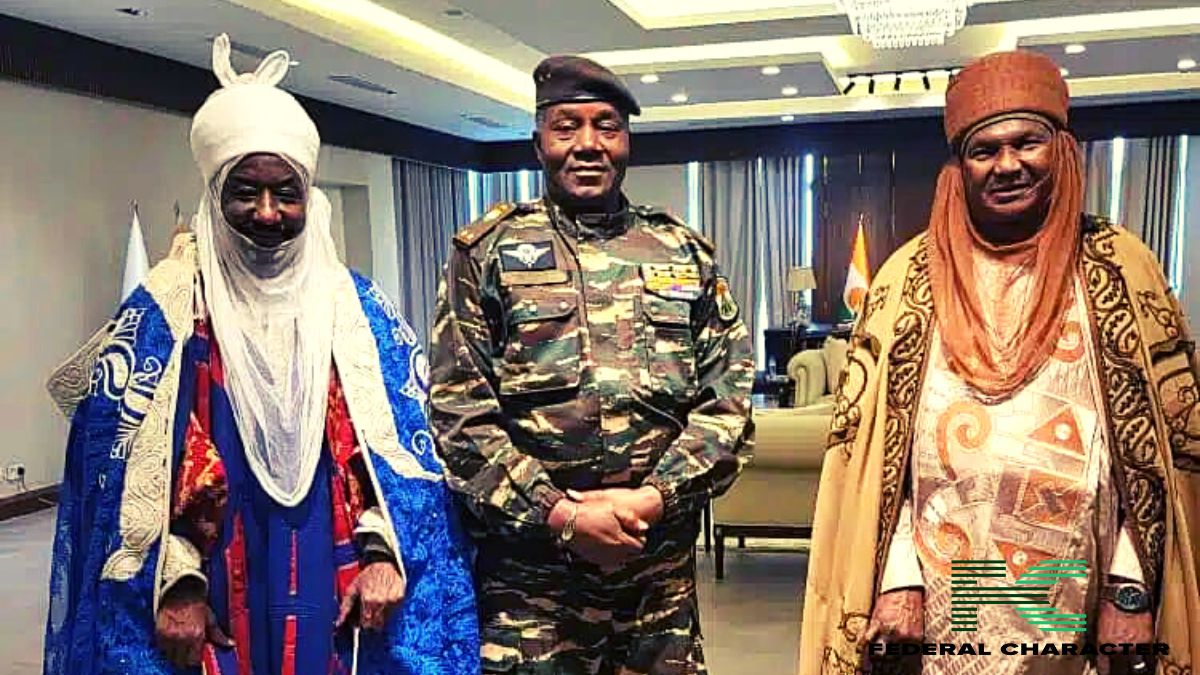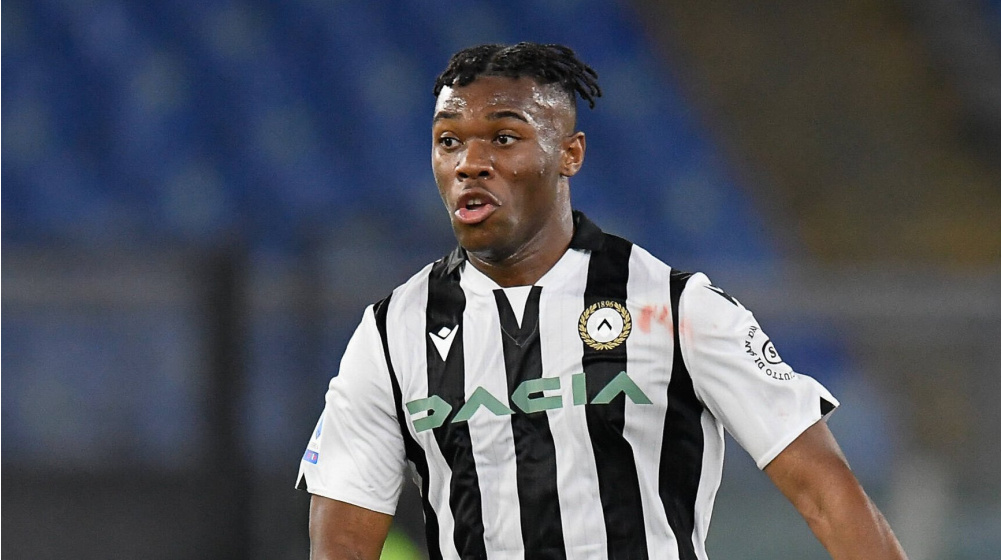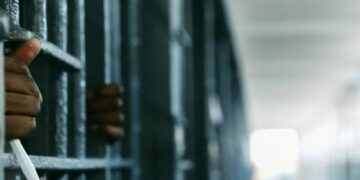South Africa’s political scene is in a state of utter chaos, thanks to the recent elections which threw the African National Congress (ANC) into unfamiliar territory. After holding power since the end of apartheid, the ANC now finds itself scrambling to form a government, having lost its majority in the May 29 election.
Cyril Ramaphosa, the embattled president, is seen in Boksburg with members of the National Executive Committee (NEC) like Deputy President Paul Mashatile, Gwede Mantashe, Fikile Mbalula, Nomvula Mokonyane, and Dr. Gwen Ramokgopa. They’re desperately exploring all options to create a new government.
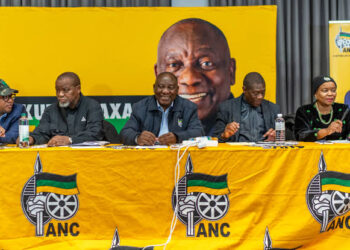
The situation is a political circus. With no clear majority, the ANC is flirting with various potential partners ranging from hard-core Marxists to free-marketeers. As of now, Ramaphosa’s spokesperson confirmed he’s skipping the Group of Seven (G7) summit in Italy to focus on this urgent mess at home.
The May 29 Election: A Recipe for Uncertainty
The election didn’t produce a clear winner, resulting in a fragmented parliament where no party holds the majority. The ANC, although still the largest party, is struggling to negotiate with smaller parties to form a coalition. Analysts and political pundits are having a field day predicting outcomes, but one thing is clear: nobody knows what’s going to happen.
Ebrahim Fakir from the Electoral Institute for Sustainable Democracy in Africa summed it up well: “It’s completely up in the air. There’s too many variables. There’s too many things that different parties want.”
What Are the Numbers?
The ANC holds 159 of the 400 seats in the new parliament. Their closest competitor, the pro-business Democratic Alliance (DA), has 87 seats. The populist uMkhonto we Sizwe (MK), led by former President Jacob Zuma, has 58 seats, and the radical Economic Freedom Fighters (EFF) hold 39 seats. This fragmented outcome has turned the formation of a government into a convoluted jigsaw puzzle.
The Political Clown Show Continues
Despite losing their majority due to voters’ frustration over high unemployment, rampant crime, power cuts, and corruption, the ANC is still the largest party. However, the party’s plans to form a broad-based government of national unity are meeting resistance from smaller parties, each having their own agenda and mutual hostilities.
The DA, seen by many ANC supporters as defenders of white privilege, is a contentious potential partner. Meanwhile, the EFF’s radical policies, like nationalizing banks and expropriating land without compensation, send shivers down the spines of investors.
And then there’s Jacob Zuma’s MK party. Recently entering the scene, they are not only alleging vote-rigging but also threatening to boycott parliament altogether. Zuma, who was forced out of the presidency in 2018 due to corruption scandals and later jailed for contempt of court, retains a significant following, especially in his home province of KwaZulu-Natal.
Parliament’s Next Steps
According to the constitution, the newly elected parliament must convene within two weeks of the election results. On Friday, Chief Justice Raymond Zondo will oversee the swearing-in of the new members of the National Assembly, followed by the election of the speaker and deputy speaker. Finally, the lawmakers will elect the country’s president.
Theoretically, it’s still possible for a minority party to elect the president if they can garner more than 50% of the votes from those present. This process could see Ramaphosa re-elected, but forming a stable government is another matter entirely.
Business and Markets Hold Their Breath
Business leaders and financial markets are anxious. A coalition between the ANC and the DA would be ideal for stability, but this idea is unpopular among many ANC supporters. An alliance with the EFF might be more palatable for the ANC’s base, but it would likely unsettle investors due to the EFF’s extreme policies.
The nation waits with bated breath to see whether Ramaphosa can pull a rabbit out of the hat and form a functioning government. Until then, South Africa remains a political hotbed of uncertainty, with the stakes higher than ever.

